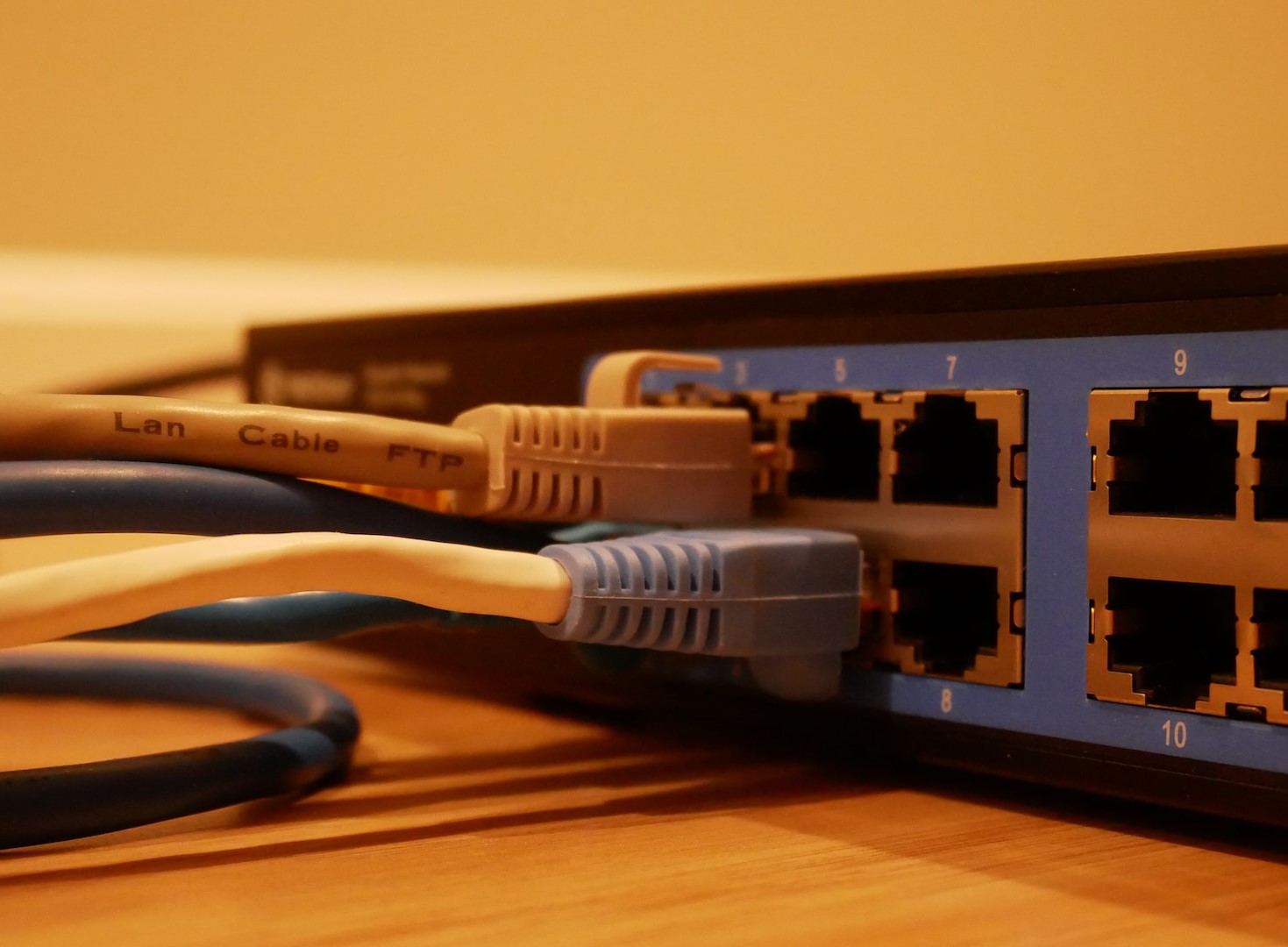Router viruses: what are they and how to avoid them?
Router viruses: what are they and how to avoid them?

Computer Viruses are one of the biggest fears that any Internet user faces. If it affects an individual, it could make them lose all the information accumulated over the years or open a door to their finances. In the case of a company, one of these cyber attacks could show the private data of the company or its clients. This is known by the majority of network users. However, router viruses are more unknown. We tell you about them.
How are router viruses?
Router virus infection can spread in two ways: from router to devices or from devices to router. In either case, hackers can gain access to the user's or company's programs and use the information to steal or modify it.
In this case, the virus starts on the router and spreads to the devices that connect to it. Once there, you can run commands or collect the data from there to share with other sources.
-
Viruses from the devices to the router
In this case, a device can be infected when entering a website or connecting to a public network. Then, by connecting to the company's WiFi, it reaches the router, modifies the settings, and leaves the device under the control of the virus.
How do viruses affect the WiFi router?
Just like any other device, the virus on the WiFi router can act in different ways on a router. Depending on the purpose for which it was designed, the effect can be more or less obvious and destructive. We explain how they work.
- SSL stripping attack. In this case, the attack acts by removing the protective barrier or SSL certificate, turning a secure connection into another that is not.
- DNS settings. The virus invades the DNS configuration, which ensures that the search is carried out when the words are typed in the search engine. When the data is entered, instead of taking the search to a safe place, it is redirected to a fraudulent space.
- Phishing. In this case, the virus collects private information by posing as someone you trust. A link appears that leads to a site infected by a virus that spreads rapidly through the device or directly on the router.
- Trojans. This router virus spreads by invading the router and acting according to its design. It can get into a fake update package or when opening a file over the internet. Once clicked, it begins an expansion that can slow down tasks, disable hardware, or steal data.
How to know if my router has a virus?
If you have asked yourself the question "how to know if my router has a virus" we recommend that you observe the following symptoms. If your devices show any, you can take action. Among these would be calling a technician for analysis or hiring a known antivirus to try to block it.
- Slow Internet searches
- App lock
- Devices running slow
- passwords changed
- Fake device problem messages
- Bars, applications, and unknown programs
- Redirection to other websites
- Missing SSL certificate or missing padlock in the URL field
Now that you know everything about router viruses, we recommend that you take preventive measures. For example, use strong router passwords and don't share them publicly, disable remote control, keep your router up to date, and use a good antivirus. But, if all this seems complicated to you, trust us. At Voiped Telecom we can help you because we are experts in the Internet for companies. Do not hesitate to contact us. We will be delighted to help you!
Jul 11, 2022
